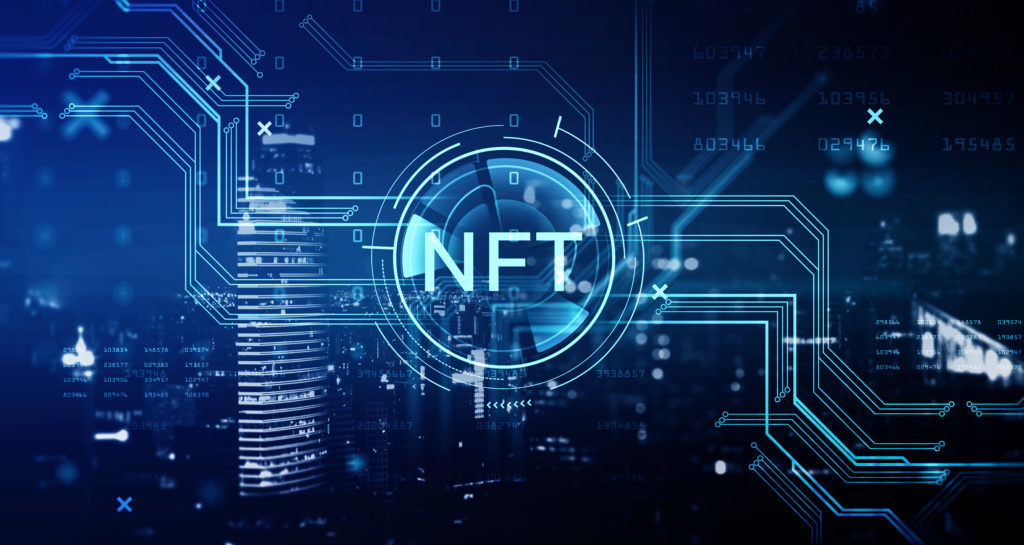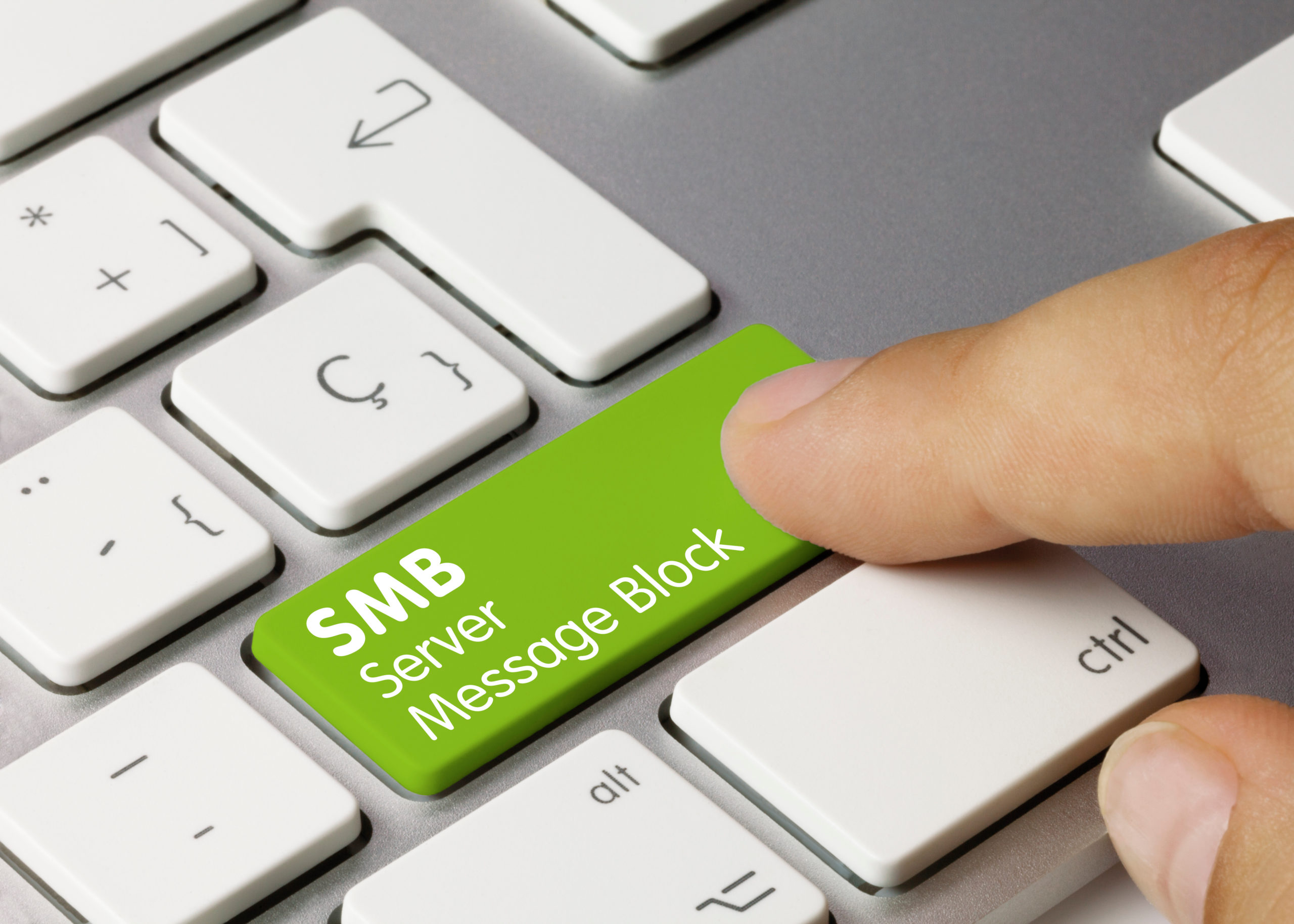Our Ultimate Guide on NFTs. Use a VPN.
Starting with 2021, you have surely heard of Non-Fungible Tokens, the famous NFTs. Like millions of people, you asked yourself: what is it? What is an NFT used for? Is this a real revolution, or a speculative bubble that is spiraling out of control? This article gives you all the important information you need to know to understand what NFTs are and what their role is.

What is an NFT?
NFT are the three initials of Non-Fungible Token. That doesn’t necessarily make things any clearer. This is why we must detail the notion of “non-fungible”.
For example, bitcoins or $100 bills are fungible. Even though each bill is unique, it will have exactly the same value as another $100 bill. The first bitcoin mined, no matter what platform it is on or who owns it, has the same value as a recently mined bitcoin stored in another wallet.
On the other hand, works of art or concert tickets are non-fungible. Something that is not fungible cannot be replaced or divided. It is unique. They are objects of the same nature, but which have their own characteristics and their own usefulness.
We talk about “tokens” when they are digital units, which are exchanged with blockchain technology: 3D visuals, objects in a video game, or even a piece of land in a fictional universe.
The NFT can therefore be defined as follows: it is the digital title of a non-fungible token, and can be classified into different categories according to their nature and usefulness:
- collectibles: a collection of digital objects, or a work of art for example;
- metaverses: virtual worlds;
- online game tokens;
- utilities: they provide a service to their owner.
NFTs are created and traded on a blockchain
On the internet, numerical value is not new. In some video games, or in an application for example, it is possible to buy virtual currency, special bonuses, credits, or life points. But all these “items” and rewards can be duplicated, copied and sold endlessly by their designers without any effort.
Blockchain technology adds a new dimension: that of digital scarcity. The blockchain makes it possible to trace the transactions of a digital object throughout its existence. It is possible to know precisely if it is authentic, by certifying its origin.
NFTs are sold through a smart contract. A smart contract is the computer equivalent of a contract. The difference is that this type of IT contract automatically executes the obligations defined beforehand, when necessary. The computer code verifies the execution of the contract (total or partial) and automates the consequences of the agreement. That’s what makes it “smart”. These contracts are used in the blockchain, and allow for example to issue cryptocurrencies, or to exchange NFTs.
NFTs in the Metaverse
The metaverse is a virtual world, much like our current physical world, powered by NFTs that allow its virtual economy to function. Players purchase these NFTs to obtain land, digitized utility items that will serve them to prosper in the metaverse.
The video game sector has also seen changes taking place since the arrival of NFTs. Although controversial by some mainstream gamers, play-to-earn type games in the metaverse have advanced the adoption of NFTs. Whether in multiplayer role-playing games, online card games or even shooters, many creative studios have embraced NFTs.
Beyond those games already involved in NFTs, the next revolution would be this parallel world called Metaverse in which NFTs would become the title deeds of everything in it. NFTs could thus allow exclusive access to a place in the metaverse and authorize or not authorize access to other users.
The functionalities of NFT-related contracts could thus enable the purchase and sale of real estate in this new universe. NFTs could also ultimately play an advertising role by placing branded goods in the hands of followers of this virtual world: the metaverse and NFTs really seem to be made for each other.
A new phase in the digitalization of markets?
Each digital evolution has seen its bubble develop, to then find its true place in the digital ecosystem once it has burst (e-commerce, social media, mobile applications, etc.). If the blockchain or crypto currencies already seem to exceed the famous “peak of exaggerated expectations”, NFTs for their part are still in the launch phase, thus stimulating financial and marketing appetites.
We are still in the phase where the risk is as great as the possible gains, and where the positions of tomorrow are being established. Once this excitement has passed, the real uses will settle down and business strategies will be more stable, very likely around a new market evolution towards more virtual products where collectors and players, or even entire virtual communities, will be the main targets. These phenomena therefore seem to further increase the role of brands in business strategies.
What value for businesses?
Through these examples, it seems that NFTs represent a whole new way to sell, buy, and eventually collect digital assets. These original assets can be put into circulation as NFTs to become strictly “non-fungible”, being registered immutably on a public blockchain network. Potential buyers (or the curious) can verify the ownership of the original assets as they can trace any financial transaction recorded on Bitcoin or Ethereum. In the particular case of digital assets, the subject of this contribution, although anyone can, in the vast majority of cases, copy or download the digital asset listed on the sales platforms for free, only one person can prove to be owner of the asset from the crypto wallet linked to the NFT.
Revenue increase
So any company can create NFTs, but why would they? For example, like the NBA and Nike, companies can develop the value of their brands by offering virtual products or services and selling them to enthusiast or collector markets. By controlling transaction fees, they secure new revenue opportunities without having to produce physical goods.
In addition, some companies invest in blockchain-based projects and applications for speculative purposes. For example, MicroStrategy, a business analytics platform, holds 90,531 Bitcoins in reserve while Tesla, the famous electric vehicle company, holds 42,902. So some are already proactive in the NFT market, like Fox Corp which raised $100 million by launching a campaign to inspire NFT content creators.
Of course, just like crypto-currencies, NFTs also suffer from a bad image (pollution, money laundering, terrorist financing, etc.). If these disadvantages are ever overcome (official recognition of cryptocurrencies, development of less energy-intensive proof-of-stake, etc.), this brief analysis of this new market suggests that the publishing and commercialization of NFTs could potentially become a new tool in business management and even, in certain sectors, a strategic tool (development of new markets).
Taxation on NFTs is still unclear
The popularity of this innovative technology in traditional finance and the art market is a real legal issue. The astronomical amounts of cryptocurrencies (converted into euros or dollars) exchanged have inevitably attracted regulators, who are now facing a challenge.
The legal and tax qualification is complex. NFT cannot really be linked to a digital asset since it is non-fungible. It is therefore not yet considered to belong to the category of cryptocurrencies. However, it also does not belong to the regime of works of art, nor to that of intangible assets.
So what about 2022? In terms of cryptocurrencies, taxation is still in its infancy. The tax authorities have clarified the capital gains regime on the sale of cryptocurrencies. But what about the profits made by an individual selling an NFT?
Is using NFTs in Video Games dangerous?
NFTs are invading the world of video games and are set to become the hottest topic of the next few years in the gaming industry. Many games today are linked to the Blockchain and this trend which can still seem confusing. So, are these tokens a good thing for the future of video games as some of the biggest studios like Ubisoft, EA or Square Enix already hope? Or do they present a multitude of dangers for the sector?

In the field of video games, major publishers see NFTs as a way to generate new revenue from digital content. So, let’s imagine that a new skin for your favorite League of Legends champion is published in NFT, a player could be the first to buy it and become the sole owner. This skin could possibly be resold to the highest bidder, with the publisher taking its share in the process. Obviously, this is only a theoretical example, since Riot does not offer this service, but some studios are already working on this idea.
Buying intangible goods remains difficult to imagine
Buying these intangible goods poses two major problems.
First of all, there is the concern of inaccessibility: setting up blockchain wallets remains relatively complex. Indeed, the simple act of buying and selling is perilous since sending to the wrong address can simply cause you to lose your bet.
Then, transaction fees are applied to each NFT sale. Most NFTs today are tied to the Ethereum blockchain, which can be congested: the more people using this cryptocurrency, the higher the fees will be.
Managing NFTs is super polluting
Finally, and this is surely the last point to watch out for, blockchain technologies are energy-intensive and consume a lot of electricity. As NFTs are tied to cryptocurrencies that generate a lot of greenhouse gas emissions, such as Ethereum, many creators are beginning to refuse to sell as NFTs after hearing about the effects they have on climate change.
VPN: useful tool for NFT trading
Encrypted secure connection
Due to the very nature of cryptocurrency – decentralized, this means that users are 100% responsible for keeping their assets safe.
While using a hardware wallet allows you to store your cryptos in a safe place, using an encrypted VPN connection while trading makes it harder for hackers to intercept or eavesdrop on your sensitive information. Especially when trading on the go or in a public Wi-Fi connection.
VuzeVPN is offers one of the best VPN services (note: never use free VPN services as they can sniff your data in return for free service). It offers a military-grade encrypted connection. There are no bandwidth or data limits, which means you can also use the service in your daily routines such as streaming videos or downloading large files. Moreover, a Free Trial is available, and you also have a 30-day money back guarantee.
Final words
Even if we can recognize the promises of this technology, whether in the field of video games or not, it remains difficult not to see in it an interested approach on the part of publishers who seem very quick to rush into the breach.
The big question seems to be what NFTs can do for games beyond a centralized approach. If the very idea of owning digital content is very attractive for players, it seems absurd to think that NFTs will contribute to better player participation and the democratization of intangible goods, whose intellectual property will always belong to the publishers.
That said, if this currency and the technology from which it comes can make it possible to promote certain creators within the studios, it could indeed have a real, positive impact on the industry, by highlighting emerging publishers or independents.
Finally, the potential profits that these tokens would generate within the gaming industry would probably encourage many brands outside of video games to form partnerships with publishers and blockchain projects, which would boost the sector all the more.
What is certain is that the debate is not closed and that the year 2022 will undoubtedly see as many projects related to NFTs hatch as studios that decide to move away from them, for a time at least.

